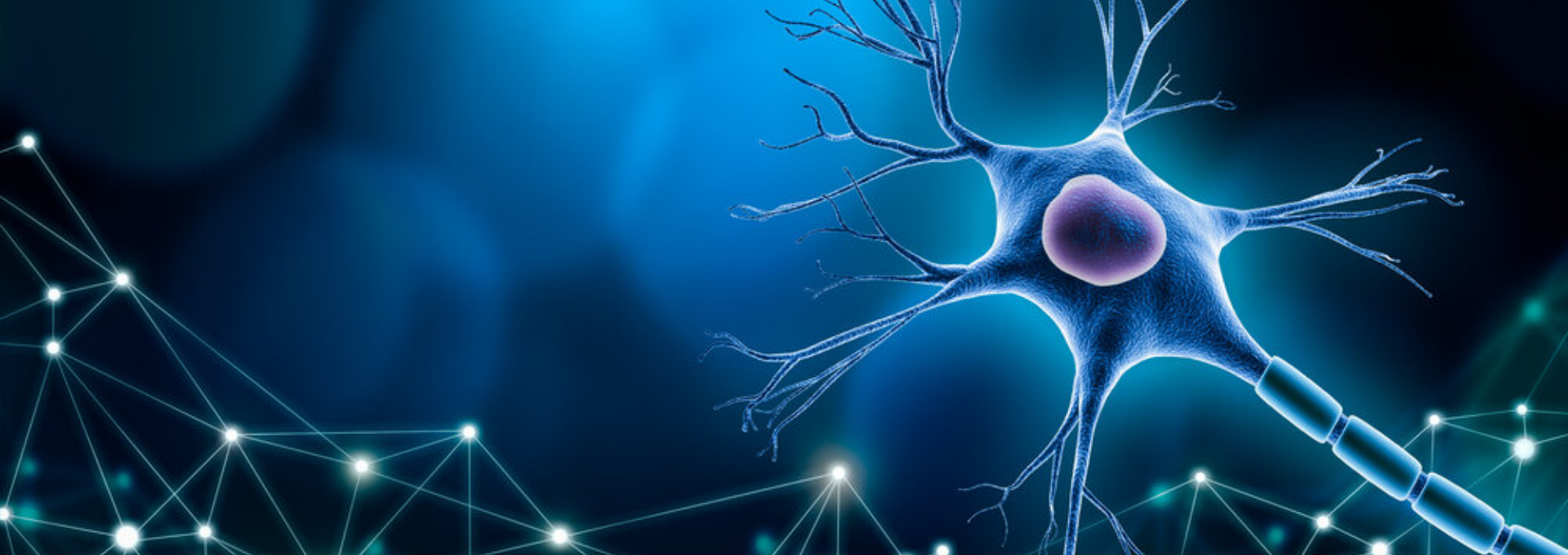
About GCNI
Vision and Mission
The GCNI will
- Become a world-class environment for ground-breaking basic research on the nervous system.
- Consolidate and expand the CUHK neuroscience community, enhancing research opportunities and funding, efficiency and productivity.
- Be designed to promote research collaboration and maximize utilization of critical core-facilities.
- Be an exemplary environment for neuroscience research training.
-
The GCNI aspires to become a highly interactive and productive research group with the common goal of advancing fundamental neuroscience knowledge.
- It will support neuroscience wherever it exists within CUHK. Support includes, but is not limited to, development of a comprehensive and up-to-date web presence, support of regular in-house seminars and development of an interactive governance structure that allows for rapid consideration of funding for unique research opportunities, especially if collaborative in nature.
- Membership in GCNI is open to all neuroscientists at CUHK. A core group of eight to ten CUHK faculty members, ‘Gerald Choa Research Scholars’, will occupy dedicated research space. Many of these GCRSs will be promising young scientists recruited and supported by the program until eligible for substantiation.
- Modern neuroscience is a broad discipline. To optimize research output and impact, the GCNI will gravitate toward areas of research that meet the criteria of being: 1) very promising, 2) offering unique opportunities for collaborative interactions that accelerate progress, and 3) well served by existing research infrastructure, including core facilities.
- The goal of the GCNI is to be a transformative organizational development at CUHK that catalyses and accelerates the discovery of important new knowledge about the nervous system. This is a critical mission for many reasons. The nervous system is our body’s most complex organ and the least understood. It is the organ of ‘mind’. Basic neuroscience research will enhance our understanding of human behaviour, both normal and maladaptive. There are also huge health implications. Medical advances have extended average human life span and will continue to do so. This achievement, however, is a Pyrrhic victory if longer life span is progressively compromised by failing neurological functions. Understanding the molecular pathophysiology of age and disease-related neurological dysfunctions is the surest path to developing effective therapies.







